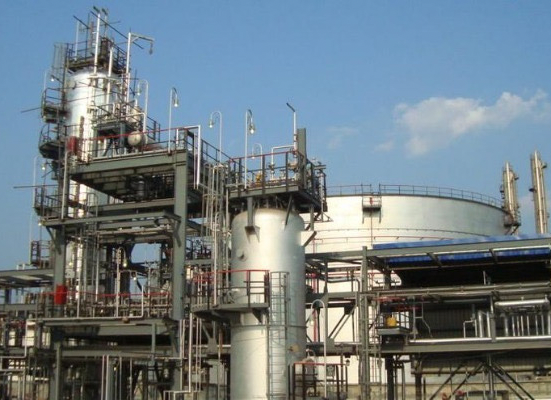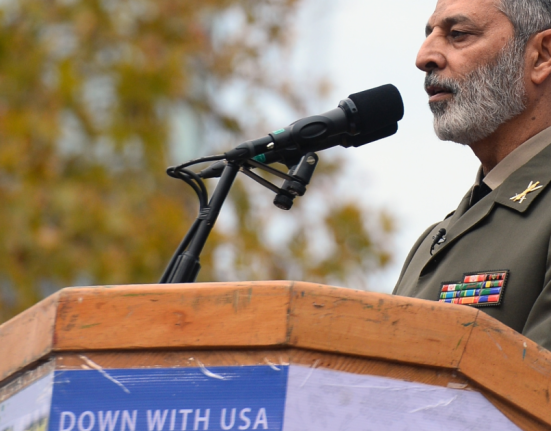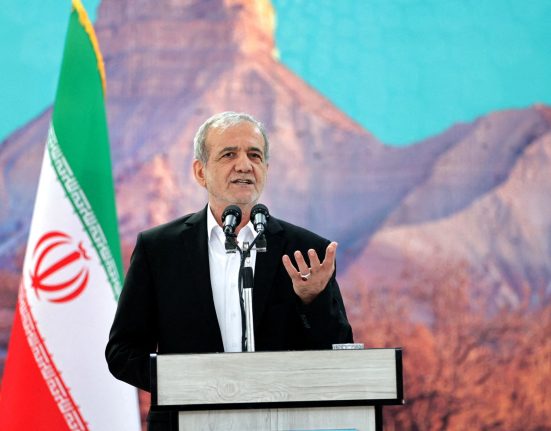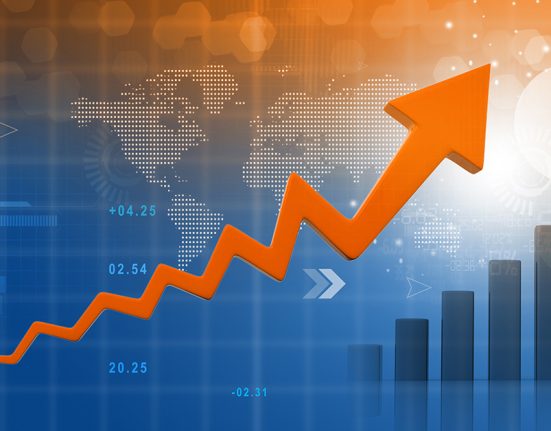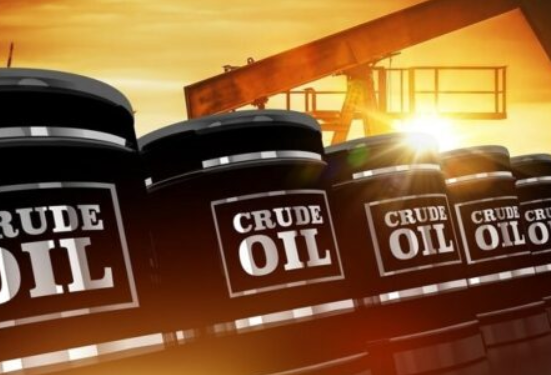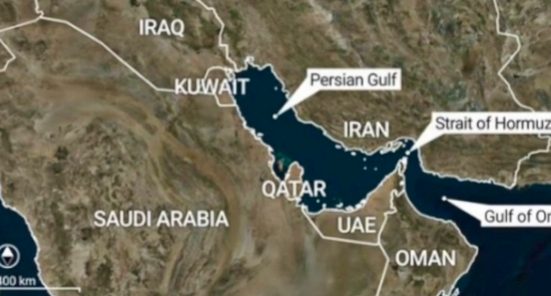June 23, 2025 – Lagos/Washington – A new report released by global investment banking firm Goldman Sachs has projected that the price of Brent crude oil could surge to $110 per barrel if tensions in the Middle East escalate to the point where Iran blocks the Strait of Hormuz, a key global oil shipping route.
The report, which comes amid renewed hostilities between Iran and the United States, warns that any disruption to the narrow maritime passage—through which roughly 20% of the world’s oil supply flows daily—could trigger a significant spike in global oil prices, destabilising already fragile energy markets.
According to analysts at Goldman Sachs, while current oil prices hover just above $80 per barrel, the geopolitical risk premium is rising fast. The investment bank emphasized that a full-scale blockade or attack on oil tankers in the Strait could push Brent crude prices up by 25% to 30%, depending on the duration and severity of the disruption.
“The Strait of Hormuz remains the world’s most critical oil chokepoint,” the report states. “If Iran restricts vessel movement or launches retaliatory attacks in the area, energy markets will respond instantly and severely.”
Tensions have escalated in recent days following U.S. airstrikes on Iranian nuclear facilities, which Tehran described as a “grave violation of international law.” Iranian officials, including top commanders of the Islamic Revolutionary Guard Corps (IRGC), have repeatedly threatened to retaliate by targeting Western interests in the Persian Gulf—raising the possibility of restricting access to the vital shipping corridor.
For oil-exporting nations like Nigeria, a surge in global oil prices could result in higher foreign exchange earnings, potentially boosting the country’s oil-dependent economy in the short term. However, for domestic consumers, it could worsen the already rising cost of fuel, especially in a deregulated market where petrol prices have crossed ₦950 per litre in parts of the country.
Furthermore, analysts warn that such a price hike would likely fuel global inflation, increase logistics costs, and place additional pressure on oil-importing economies already battling high energy prices and currency devaluation.
Global leaders and institutions, including the United Nations, have urged caution and diplomatic engagement to prevent further escalation. The International Energy Agency (IEA) has also expressed readiness to coordinate strategic petroleum reserves should the crisis deepen.
As the world watches closely, the Goldman Sachs warning adds to the growing chorus of concern that the Middle East crisis could spiral into a broader global energy shock, disrupting supply chains and undermining fragile economic recovery efforts worldwide.


